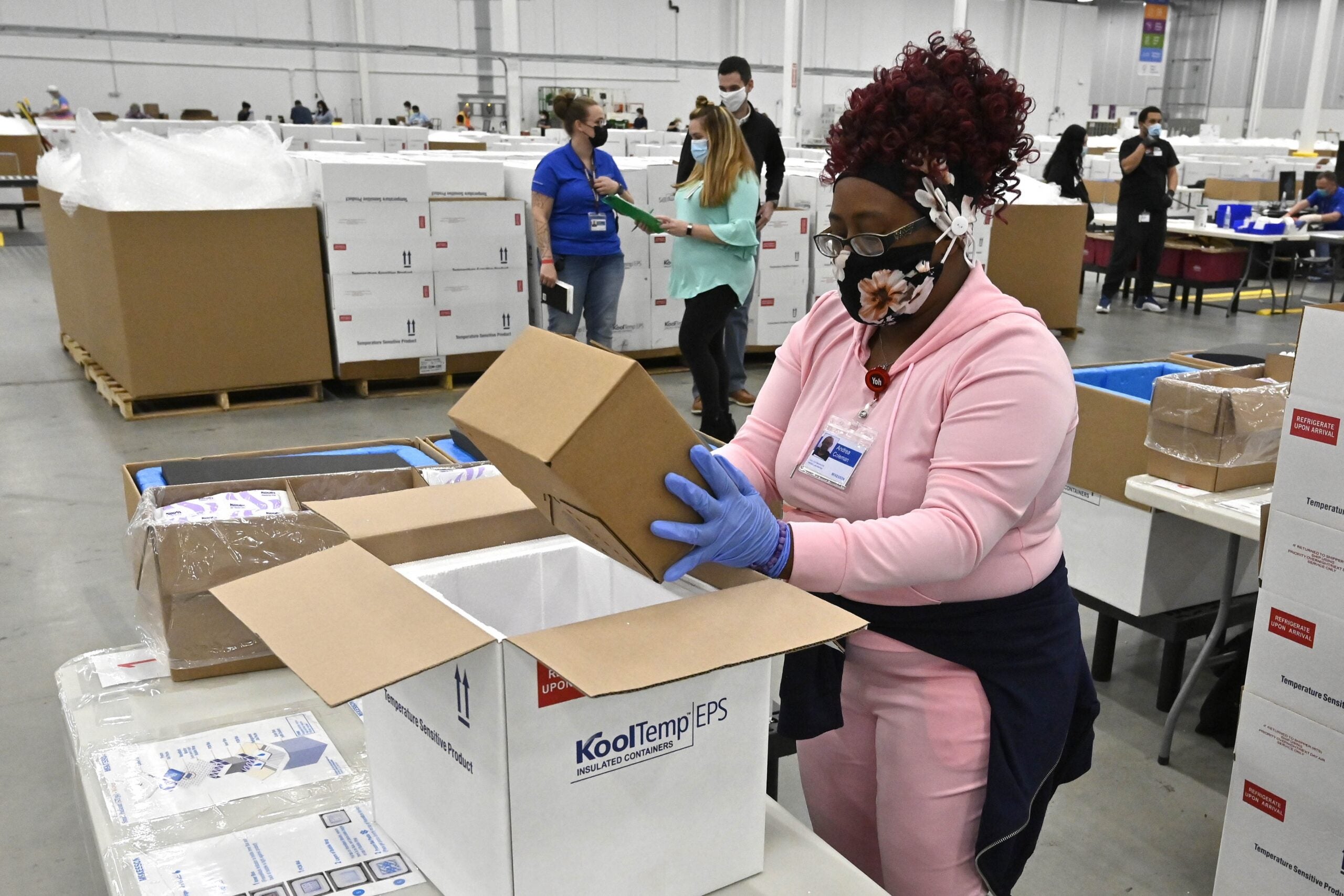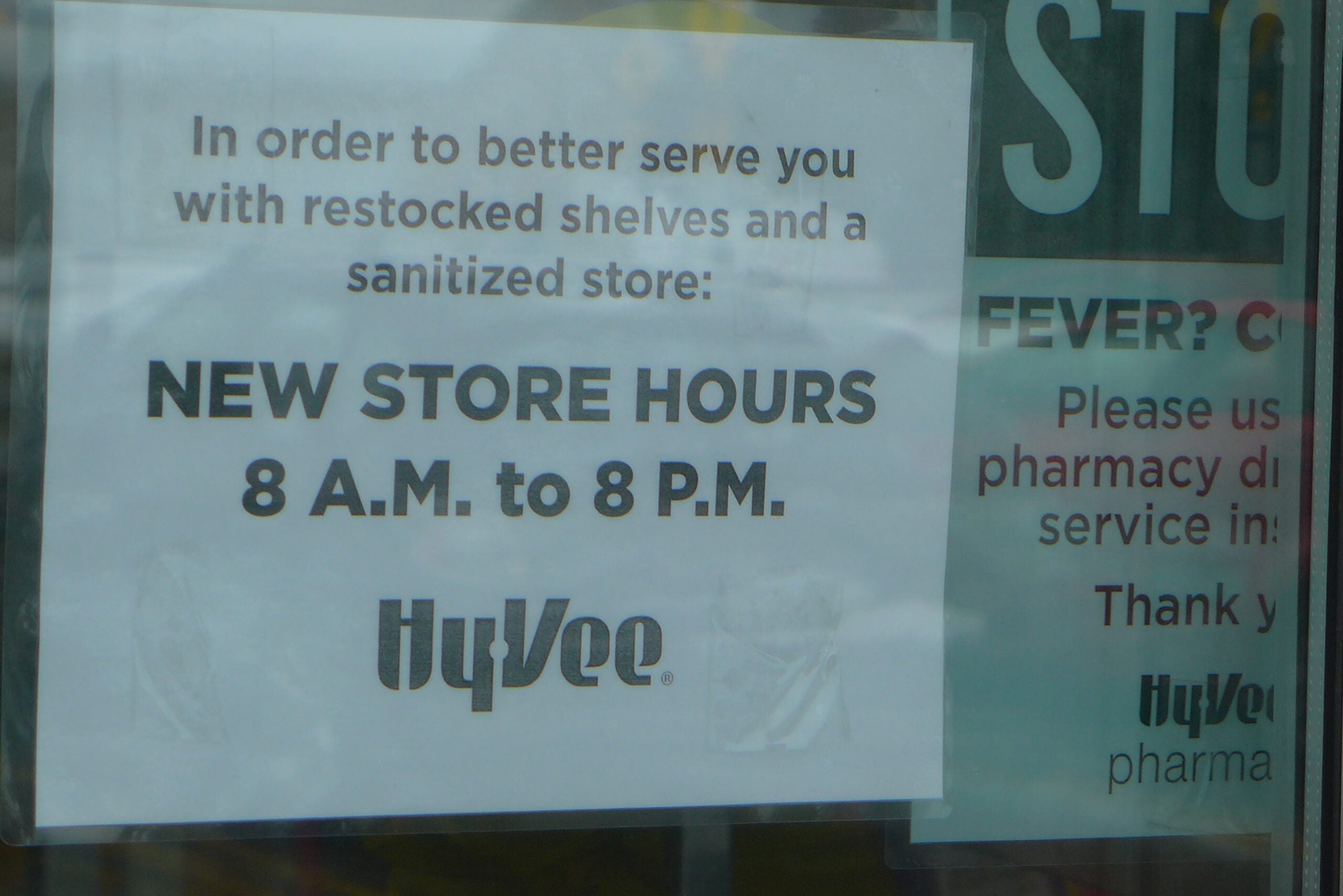State consumer protection officials have reached a $1 million settlement with the owner of Pick ‘n Save and Metro Market grocery stores over allegedly selling underweight portions of foods packaged in stores.
The Wisconsin Department of Agriculture, Trade and Consumer Protection announced it had settled with Roundy’s Supermarkets, Inc., over more than 1,000 alleged violations discovered by inspectors. The violations were discovered during a four-day survey at 81 of the company’s stores in the state, including locations in Milwaukee, Madison, Green Bay and Wausau.
The inspection came after DATCP had previously settled with the company for similar violations in 2018, 2022 and 2023.
News with a little more humanity
WPR’s “Wisconsin Today” newsletter keeps you connected to the state you love without feeling overwhelmed. No paywall. No agenda. No corporate filter.
In the new settlement, Roundy’s did not admit to the violations but did agree to pay just over $1 million in civil forfeitures, surcharges and fees.
In December 2023 and January 2024, state and local inspectors found 1,202 alleged short-weight package violations. The products, which included items like precooked meals, premade cold platters and baked goods, had a listed weight that was “unreasonably inaccurate”, according to Michelle Reinen, administrator of DATCP’s Division of Trade and Consumer Protection.
“What that means is consumers received less than what they paid for,” Reinen said. “These products were found to, as a result, be overpriced an average of $1.44 per item.”
DATCP said in a press release that the largest error was an item that was overpriced by $7.04.
Inspectors also found label errors that can mislead consumers on 587 products. Ninety of those errors led to further violations, including selling products like fish by the number of items in a package rather than by weight.
“Under state regulations, particular products are supposed to have net weight declarations, so consumers know what it is that they are supposed to be receiving,” Reinen said. “When you sell it by count, each one of those items could have a different weight.”
She said DATCP and municipal inspectors conduct surveys at grocery stores around the state on a daily basis. When an issue is discovered, Reinen said the agency will start with a letter to the store and will escalate to enforcement actions when needed.
Because of Roundy’s previous violations, Reinen said the agency was monitoring specific items in its regular inspections. This led to the four-day survey at the brand’s stores.
A spokesperson for Roundy’s did not respond to WPR’s request for comment.
Reinen said the company has committed to taking action to correct the issues, including adding informational signs for employees in their production areas.
“They’re updating standard operating procedure manuals, sustained associate training and randomly conducting their own internal weight checks and labeling placement inspections,” she said. “We want to be sure that they can accomplish compliance with these corrective measures.”
More than half of the $1 million paid by Roundy’s will go to the state’s common school fund, according to DATCP, while the remaining funds will go to other state programs and the general fund. No money will be paid directly to consumers.
She said consumers who believe they’re being sold underweight food items can report problems to DATCP’s consumer protection hotline.
“They are our eyes and ears on the ground,” Reinen said. “But they can also have great confidence that the inspectors are out there making sure consumers are getting what they paid for.”
Wisconsin Public Radio, © Copyright 2025, Board of Regents of the University of Wisconsin System and Wisconsin Educational Communications Board.






